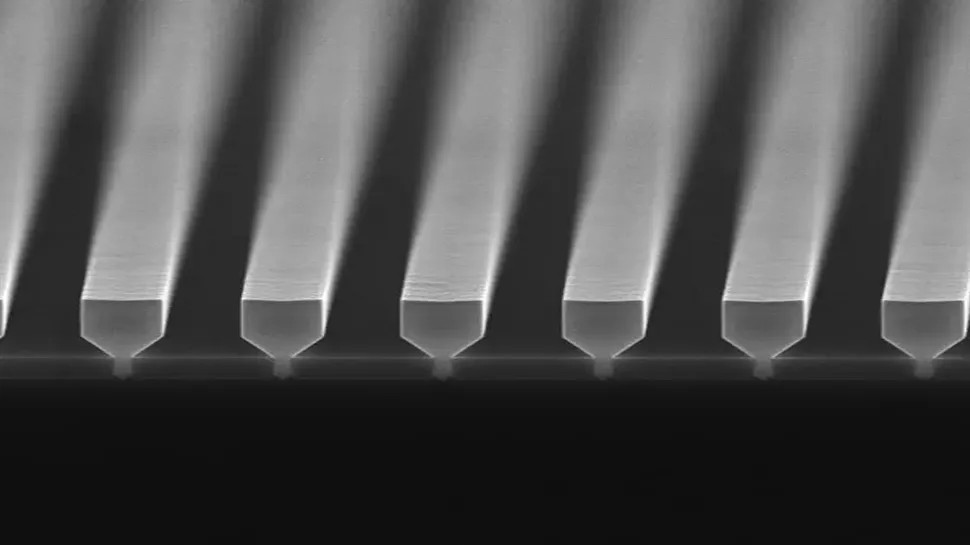

In a recent analysis by the Danquah Institute (DI), Dr. Frank Bannor, the Head of Research, highlighted the contrasting approaches to debt management between Ghana’s two major political parties: the New Patriotic Party (NPP) and the National Democratic Congress (NDC). Let’s delve into the key points from the DI’s findings:
- Historical Context:
- Under the John Agyekum Kufuor administration, Ghana witnessed a remarkable decline in its public debt-to-GDP ratio. The ratio dropped from 182% in 2000 to 32% by the end of 2008.
- This positive trend was achieved following the attainment of the Heavily Indebted Poor Countries (HIPC) completion and external debt relief.
- NDC’s Debt Management:
- Between 2009 and 2016, the NDC government added an average of 32.75% debt to Ghana’s debt stock every year.
- The debt-to-GDP ratio surged during this period, reaching 73.1% by the close of 2016.
- The total public debt stock increased more than threefold, from $8.07 billion in 2008 to $29.2 billion by 2016.
- NPP’s Approach:
- Contrary to public perception, the NPP managed Ghana’s debt more prudently.
- From 2017 to the present, the NPP has added about 10.68% to Ghana’s debt stock annually.
- The overall public debt stock increased by approximately 74.79% during this period, compared to the NDC’s growth rate of 262% from 2009 to 2016.
- Foreign Currency Debt:
- The analysis employs the US dollar due to its status as the world’s primary reserve currency and its stability.
- Foreign currency debt carries an exchange rate risk, which must be considered in debt management.






